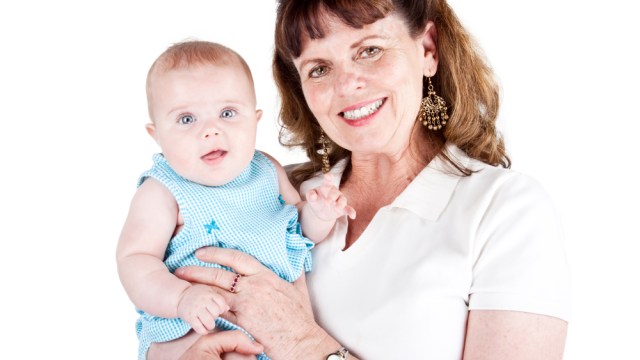Is a Poor Economy to Blame for All-Time Low Birthrates?

What’s the Latest?
According to population estimates released today by the U.S. Census Bureau., more non-Hispanic whites in the United States are dying than are being born. This is the second straight year where deaths in this demographic have outnumbered births. Haya El Nasser of Al Jazeera reports:
The Census Bureau estimates that there were just under 2 million births to whites who are not Hispanic, compared with 2.3 million births at the peak of the economic boom in 2006–07 — a 13 percent drop in just six years.
Despite not being included in the above statistics, the birth rate among Hispanics in the U.S. is also down.
What’s the Big Idea?
As El Nasser’s reporting suggests, the Great Recession is at least partly to blame for the declining birth rates — 13% in six years is a staggering drop. El Nasser also suggests that the plunge in the Hispanic birthrate can be tied to a poor economy that has also stemmed Hispanic immigration (she notes that Asian immigrants have outnumbered Hispanic immigrants the past two years).
The so-called Baby Bust has taken many by surprise. Again, El Nasser:
The agency had projected 7 percent more total births in 2013 than what the NCHS reported in its preliminary report. Women gave birth to 281,000 fewer babies than the 4.2 million that the census had projected.
In addition, states like California and Florida are rapidly aging with the number of deaths outnumbering births. But the average age is decreasing in states in the midst of economic booms, such as the energy-rich Great Plains states.
Again, we see the economy playing a factor in the makeup of a population. While economic factors certainly play a role in decreased birthrates, the coming-of-age of the professional female millennial could also be a factor. College-enrolled women far outnumber college-enrolled men. With tuition and debt having grown to ridiculous levels, you expect fewer educated women to choose her early-to-mid 20s to start a family.
One other hypothesis that relates to the recession: starting a family while young is made nearly impossible by the same restrictive economy that prevents millennials from pursuing home ownership.
Simply put, this current economic environment is not conducive to the “get married, have a couple kids, and go buy a house with a white picket fence” version of the American Dream. Whether that’s the dream the emerging generation wants is a whole other discussion.
Read more at Al Jazeera. The story includes information about many of the report’s fascinating statistics.
Photo credit: Nadezda Cruzova / Shutterstock





